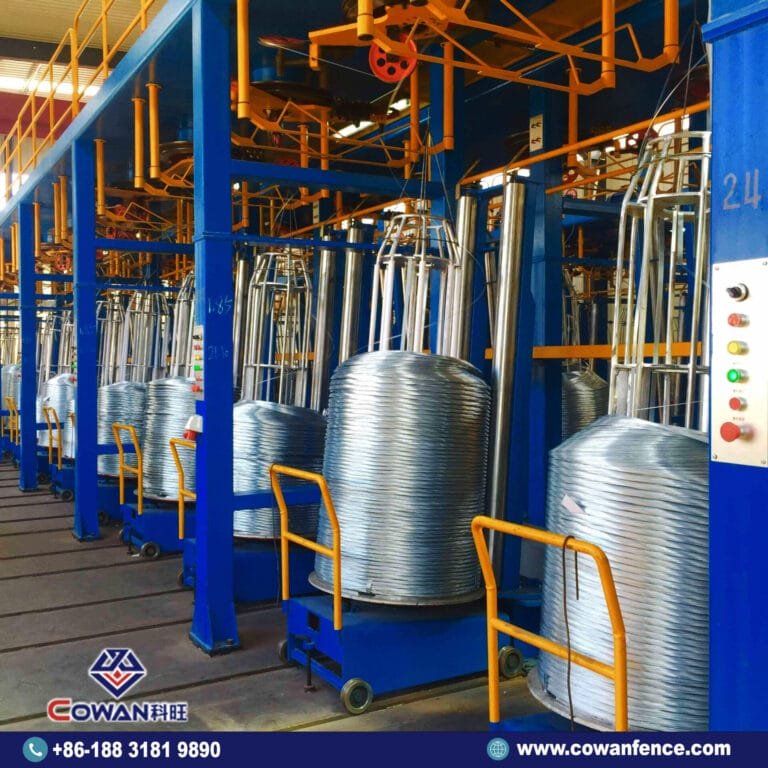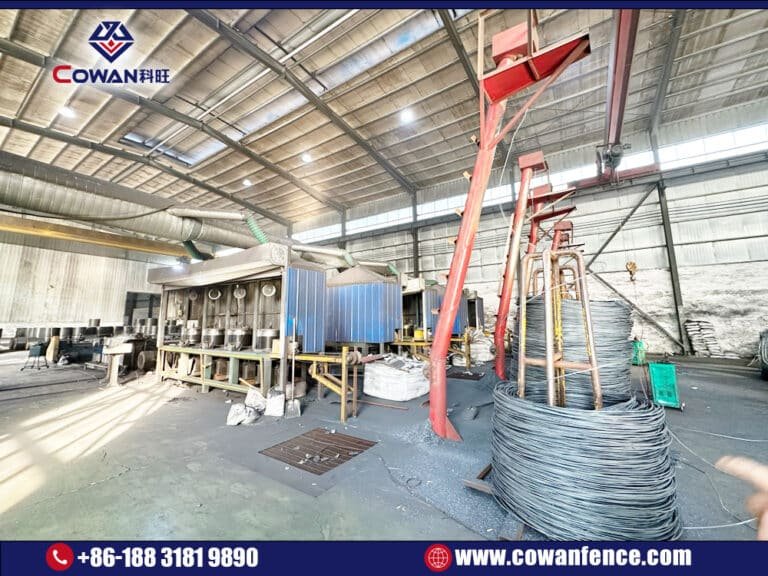











The conductivity of wires materials determines its efficiency in transmitting electricity or data, making it a critical factor in selecting the right type for specific applications. Our guide explores the conductivity of various wires materials, providing a detailed comparison of copper, aluminum, and other alloys. Gain insights into how conductivity influences the performance of wires in electrical circuits, ensuring you make informed decisions based on the requirements of your project. Whether you’re involved in electrical installations, telecommunications, or data transmission, understanding the conductivity of wires materials is essential for optimizing efficiency and minimizing signal loss. Explore our guide to delve deeper into this crucial aspect of these material selection.
The ideal wires materials exhibits a blend of durability and flexibility, ensuring resilience against wear and tear while accommodating diverse installation needs. Our guide delves into the mechanical properties of wires materials, offering insights into their tensile strength, flexibility, and resistance to bending. Explore how these characteristics influence the suitability of wires materials for applications such as cabling, fencing, and crafting. Whether you’re a professional installer or a DIY enthusiast, understanding the balance between durability and flexibility in wires materials is crucial for selecting the right type that meets the demands of your specific project. Dive into our comprehensive guide to make informed choices and optimize performance in various applications.
Materials resistant to corrosion ensure sustained functionality even in challenging environments, extending the lifespan of wire materials. Our guide provides detailed insights into corrosion-resistant wire materials, discussing options such as stainless steel or coated alloys. Explore how corrosion resistance enhances the durability of wires, making them suitable for outdoor applications, marine environments, and areas with high humidity. Whether you’re installing fencing, crafting outdoor structures, or engaging in marine projects, our guide empowers you to choose wire materials that withstand corrosive elements, ensuring long-lasting performance and reliability.
I’d be happy to assist you. Could you please provide more details or specify what kind of quotation you’re looking for?
As a manufacture, Cowan Fence specializes in producing different kinds of wire mesh fence & Livestock fence & Wire Mesh Cages. Since already has 12 years of experience, now we can finish Cowan Fence is well-equipped to complete International Government Big Tenders..
No. 1 Row 1 in Xutuan Technology Industrial East Area, Anping 053600, Hengshui City, Hebei Province, China.
Phone: +86 18831819890
Email: manager@cowanfence.com
Copyright © 2023. All rights reserved.